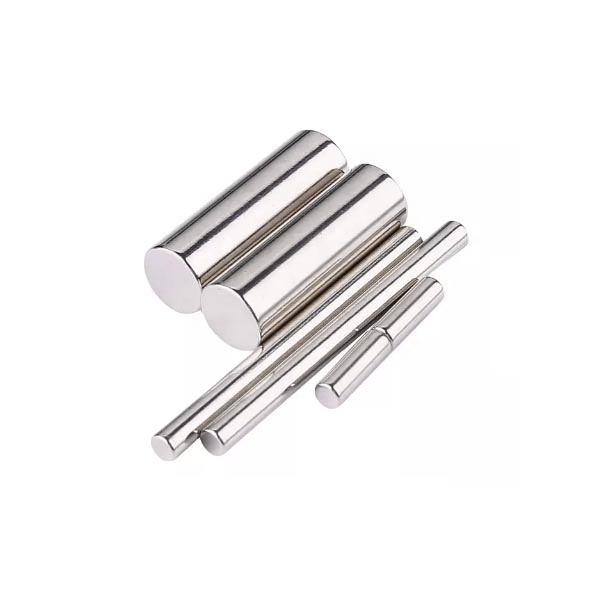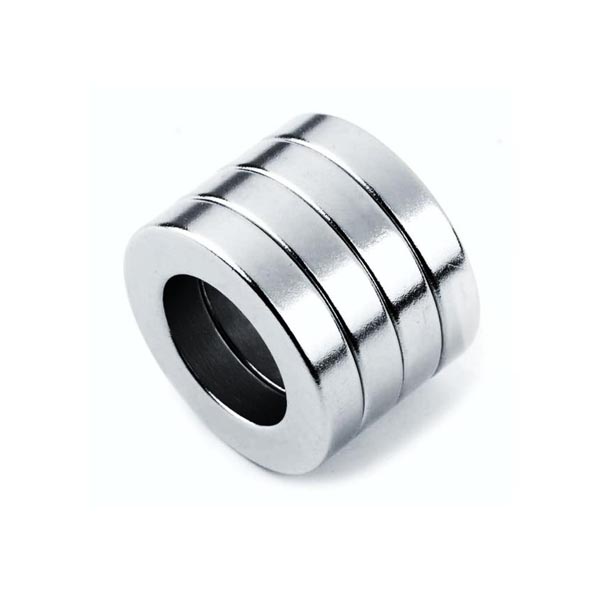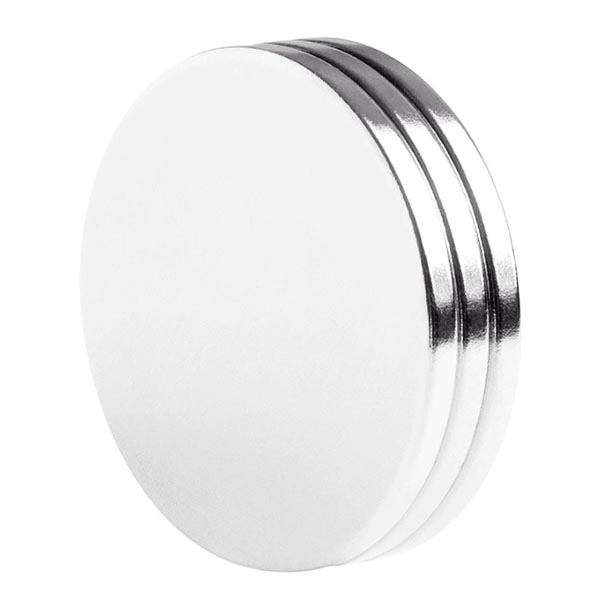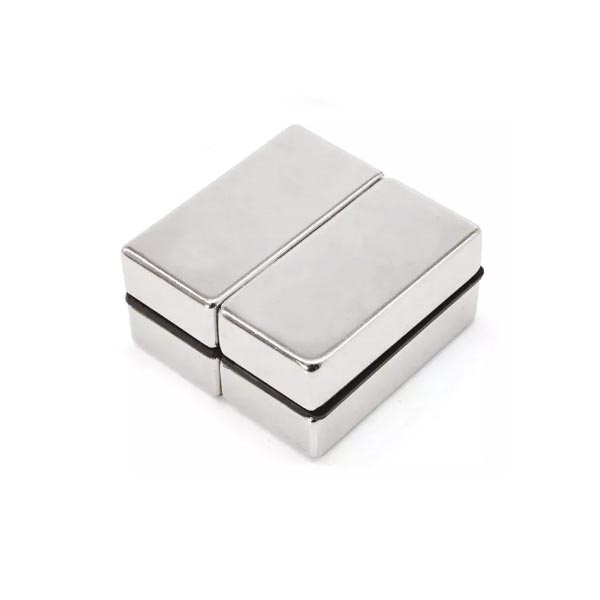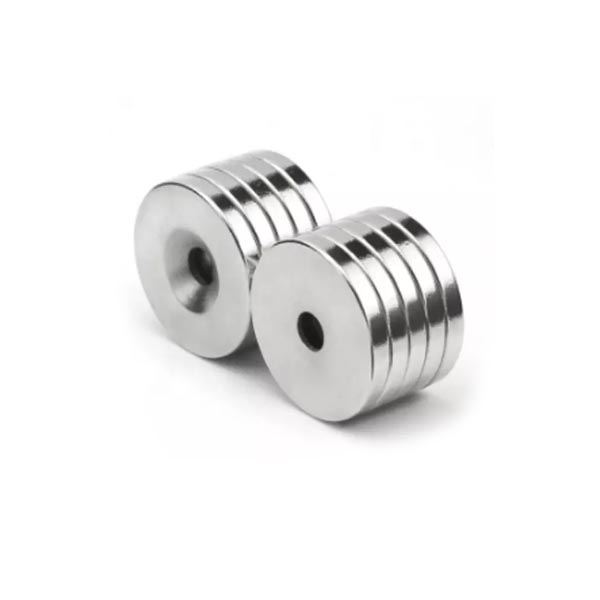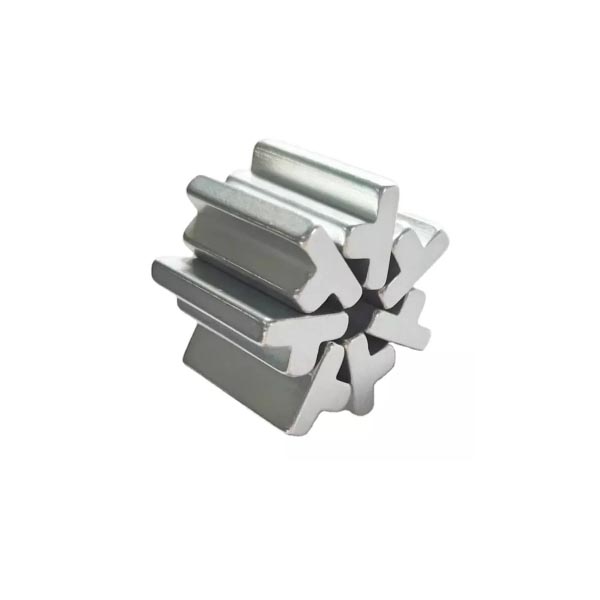Magnets play a crucial role in numerous aspects of our daily lives, from the humble refrigerator magnet to the advanced technologies in medical devices and electric motors. One common question that arises is, "How long does a magnet last?" Understanding the lifespan of magnets involves delving into the characteristics of different types of magnets and the factors that can influence their longevity.
Types of Magnets:
Magnets come in various types, each with its own unique properties and longevity. The primary categories include permanent magnets, temporary magnets, and electromagnets.
FUZHENG TECHNOLOGY is a professional manufacturer of NdFeB magnets, we specialize in round magnets, shaped magnets, curved magnets, square magnets and so on, we can customize the magnets according to your requirements.
1.Permanent Magnets:
Permanent magnets, such as those made of neodymium or ferrite, are designed to retain their magnetic properties over an extended period. However, even permanent magnets can experience a gradual reduction in magnetism over time due to external factors.
2.Temporary Magnets:
Temporary magnets, like those created by rubbing iron or steel with another magnet, have a temporary magnetic effect. The magnetism in these materials is induced and can fade over time or be lost if the material is exposed to certain conditions.
3.Electromagnets:
Unlike permanent and temporary magnets, electromagnets rely on an electric current to generate a magnetic field. The strength of an electromagnet is directly tied to the presence of an electrical current. Once the current is turned off, the magnetic field disappears.
Factors Influencing Magnet Lifespan:
Several factors contribute to the lifespan of magnets, regardless of their type. Understanding and managing these factors can help extend the magnet's useful life.
1.Temperature:
Temperature plays a significant role in affecting a magnet's strength and longevity. High temperatures can cause permanent magnets to lose their magnetism, a phenomenon known as thermal demagnetization. Conversely, extremely low temperatures can also impact magnet performance, especially in certain materials.
2.Physical Stress:
Mechanical stress and impact can affect the alignment of magnetic domains within a magnet. Excessive physical stress can cause a permanent magnet to lose some of its magnetic strength or even break. Careful handling and avoiding impacts can help preserve a magnet's integrity.
3.Exposure to Demagnetizing Fields:
Exposing a magnet to strong demagnetizing fields can cause a reduction in its magnetic strength. This is particularly relevant for permanent magnets used in various electronic devices. Avoiding exposure to such fields is crucial for maintaining a magnet's performance.
In conclusion, the lifespan of a magnet depends on its type, the environmental conditions to which it is exposed, and the care with which it is handled. Permanent magnets, while designed for long-term use, can still experience gradual demagnetization over time. Understanding the factors that influence magnet lifespan allows us to make informed choices in selecting and preserving magnets for various applications. Whether in consumer products, industrial machinery, or cutting-edge technologies, magnets continue to be indispensable, and managing their lifespan ensures their sustained effectiveness in our ever-evolving world.
Your Custom Neodymium Magnets Project
We can offer the OEM/ODM services of our products. The product can be customized according to your personalized requirements, including the size, Shape, performance, and coating. please offer your design documents or tell us your ideas and our R&D team will do the rest.
Post time: Jan-19-2024

